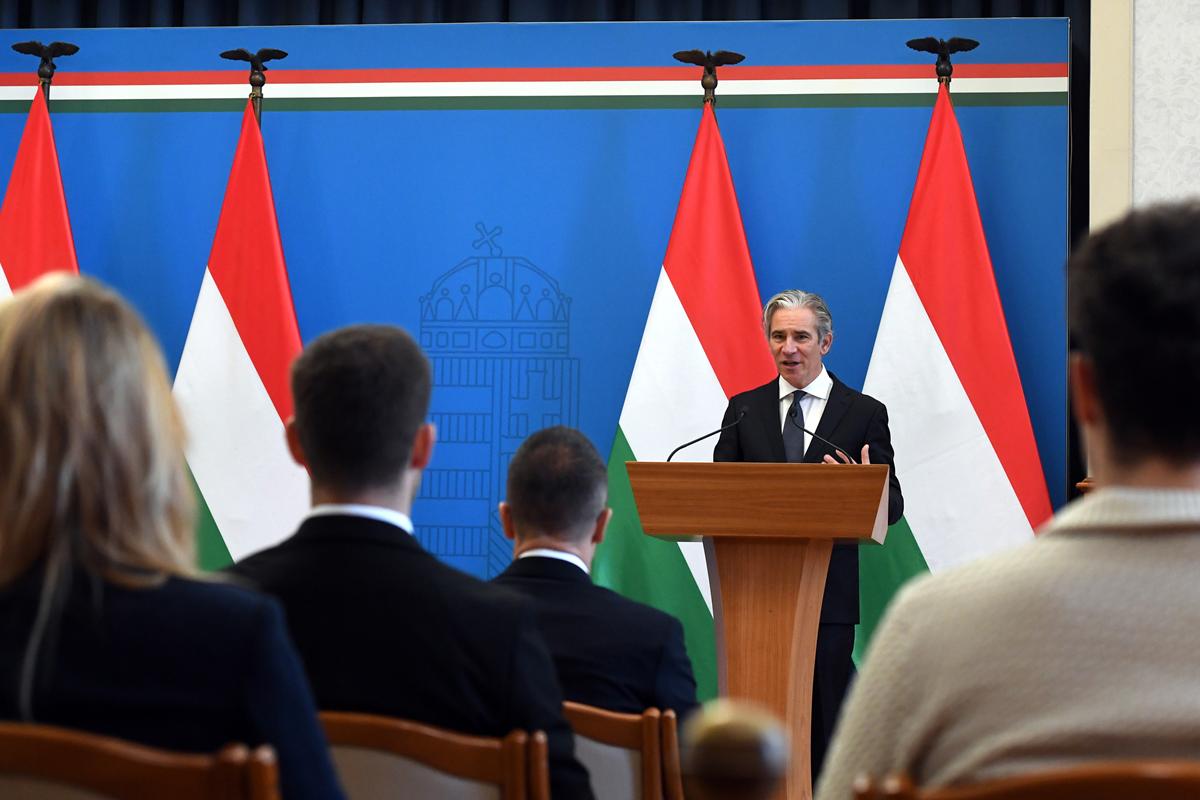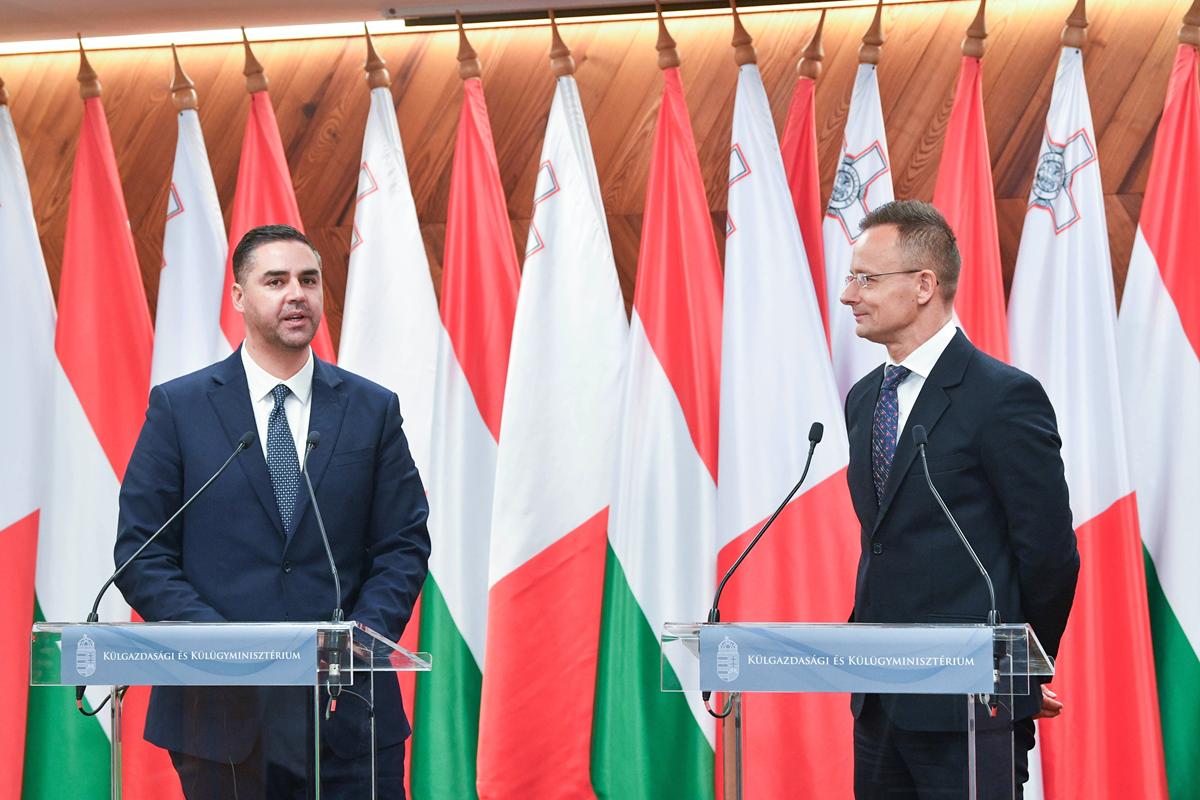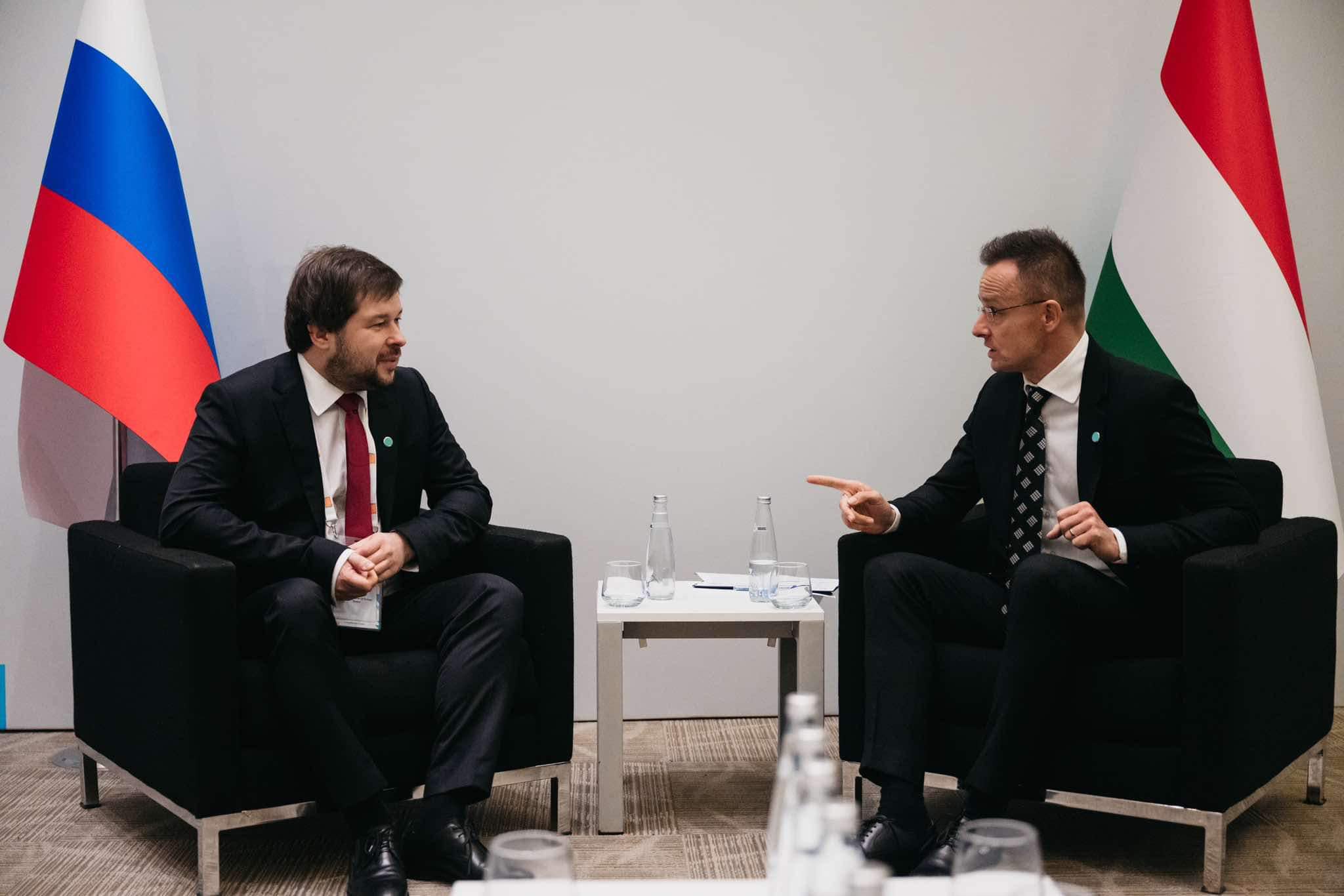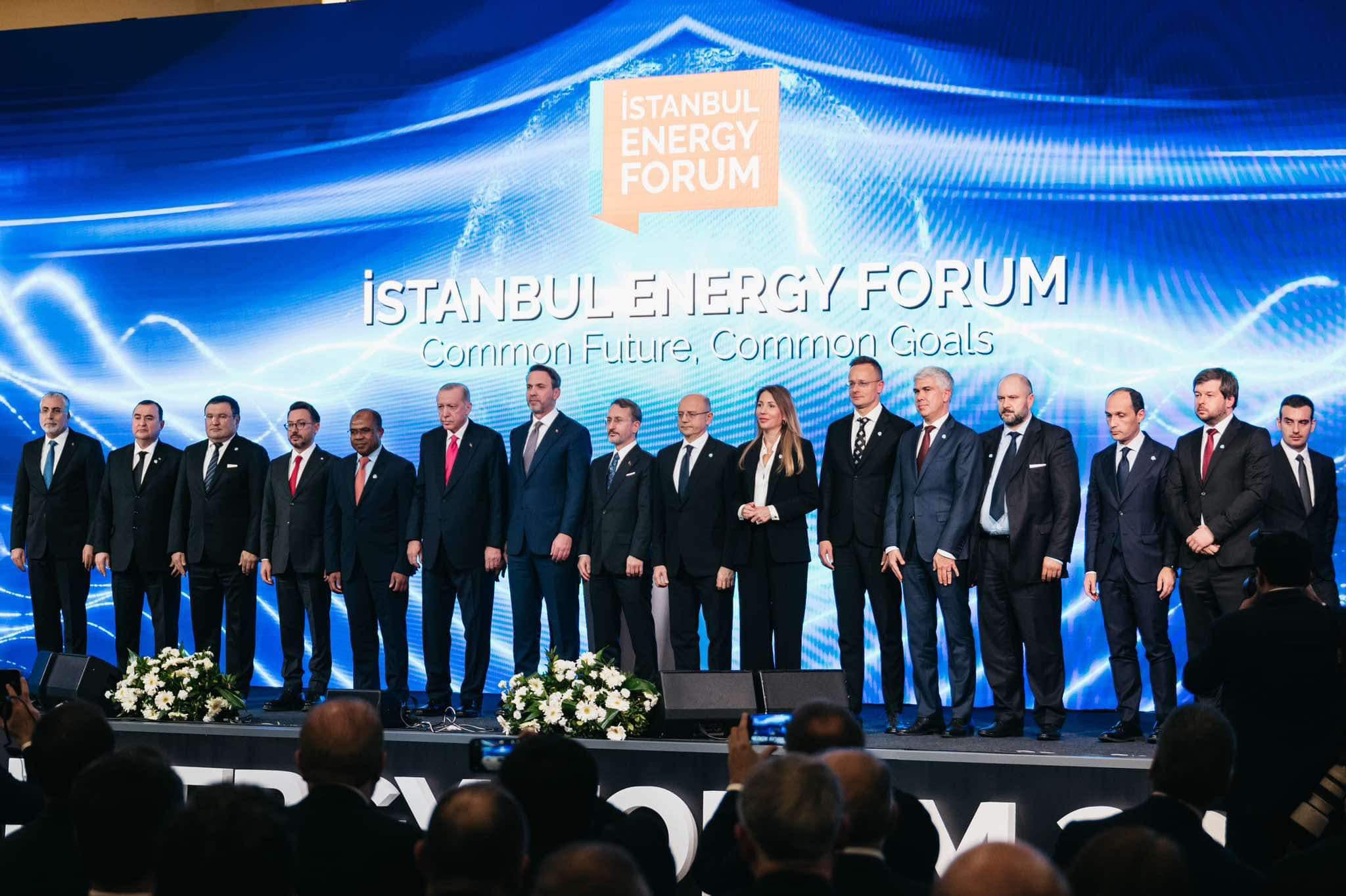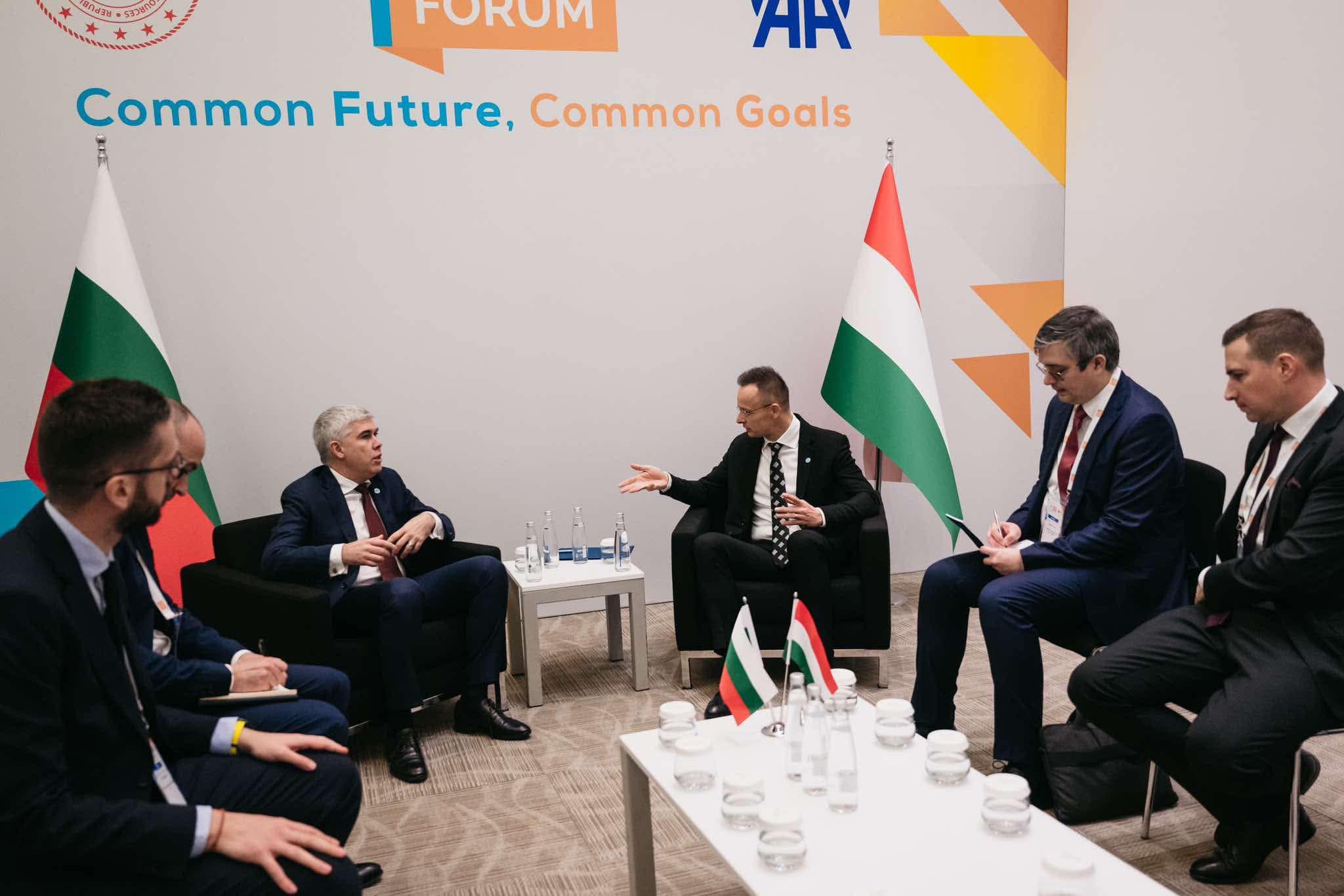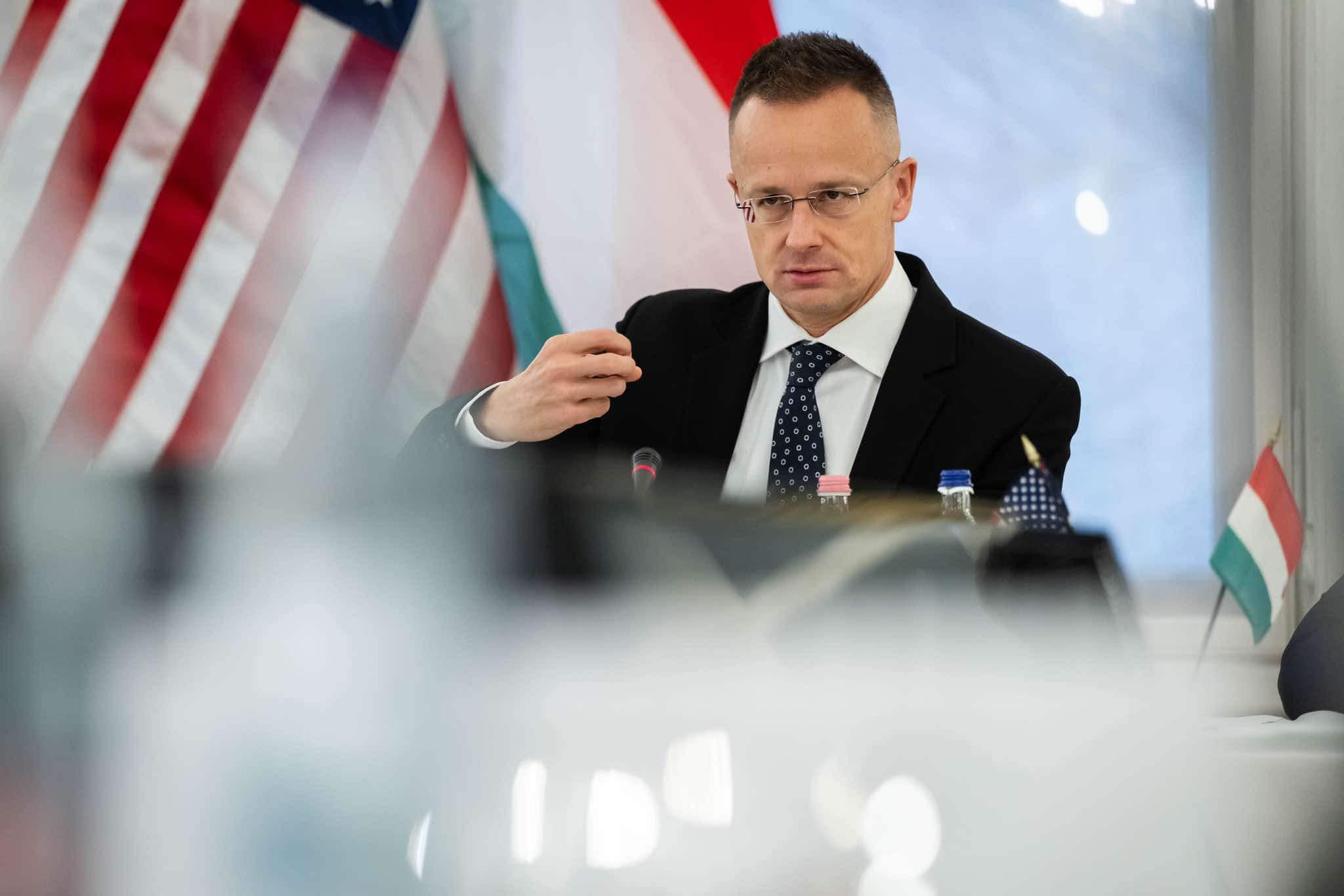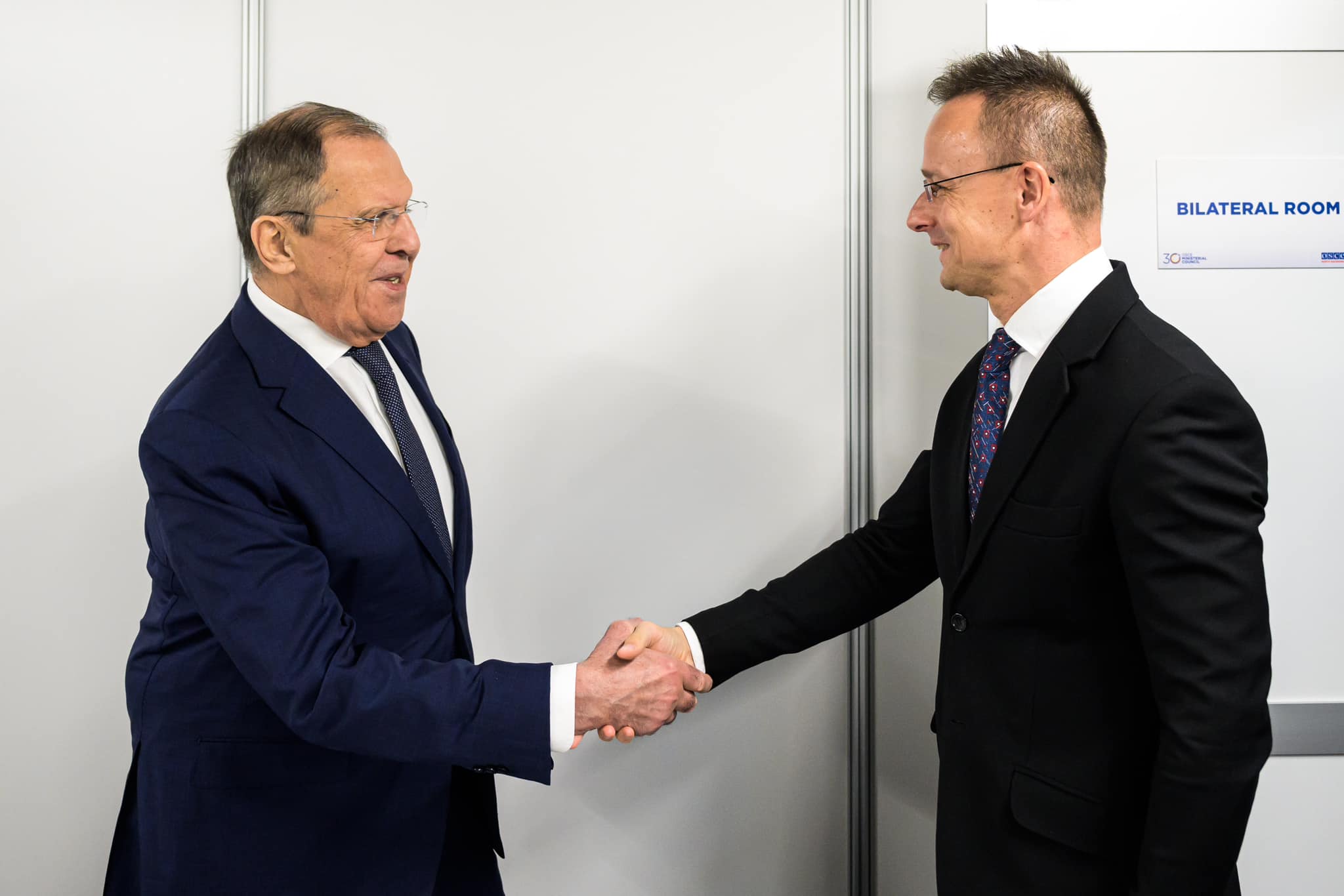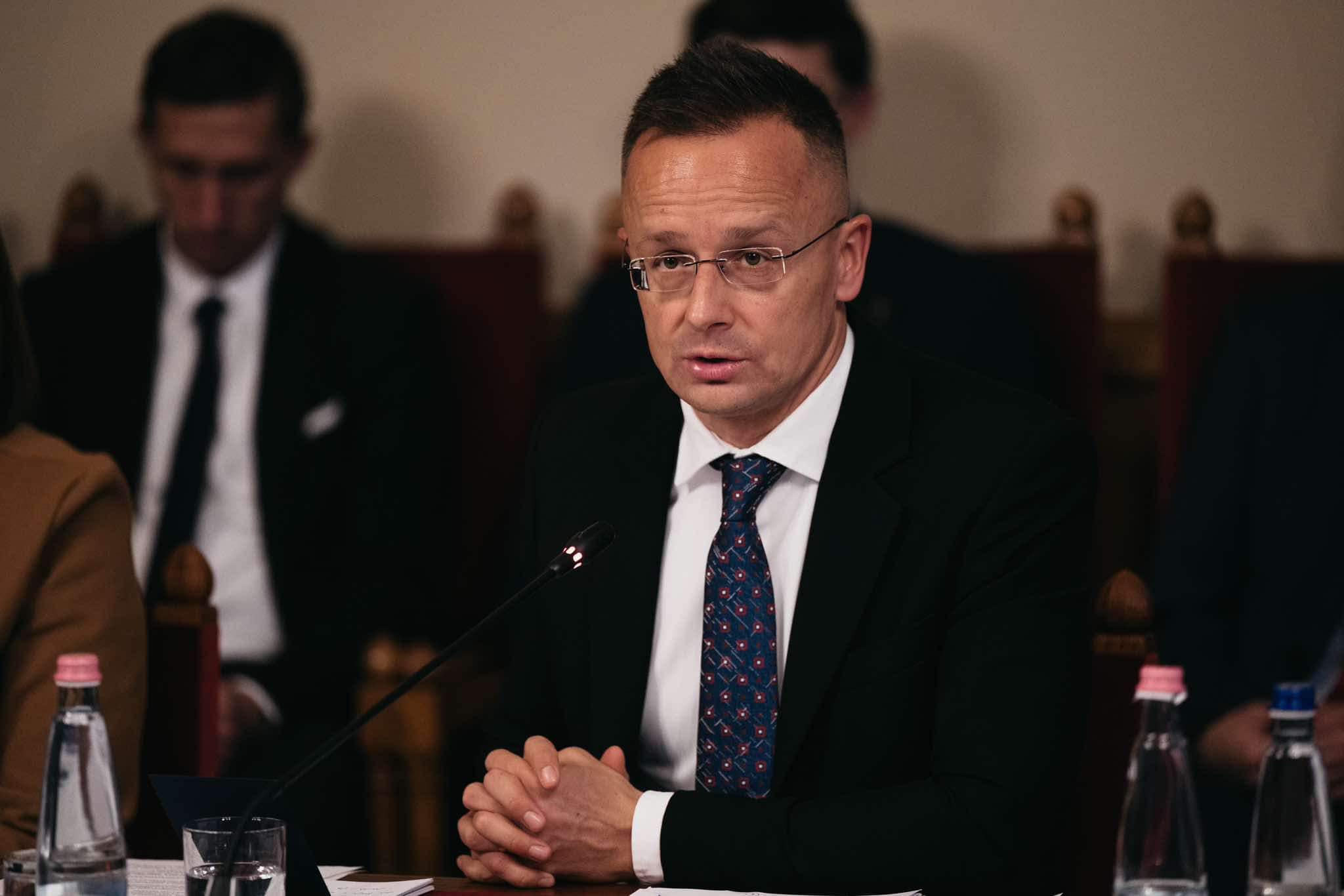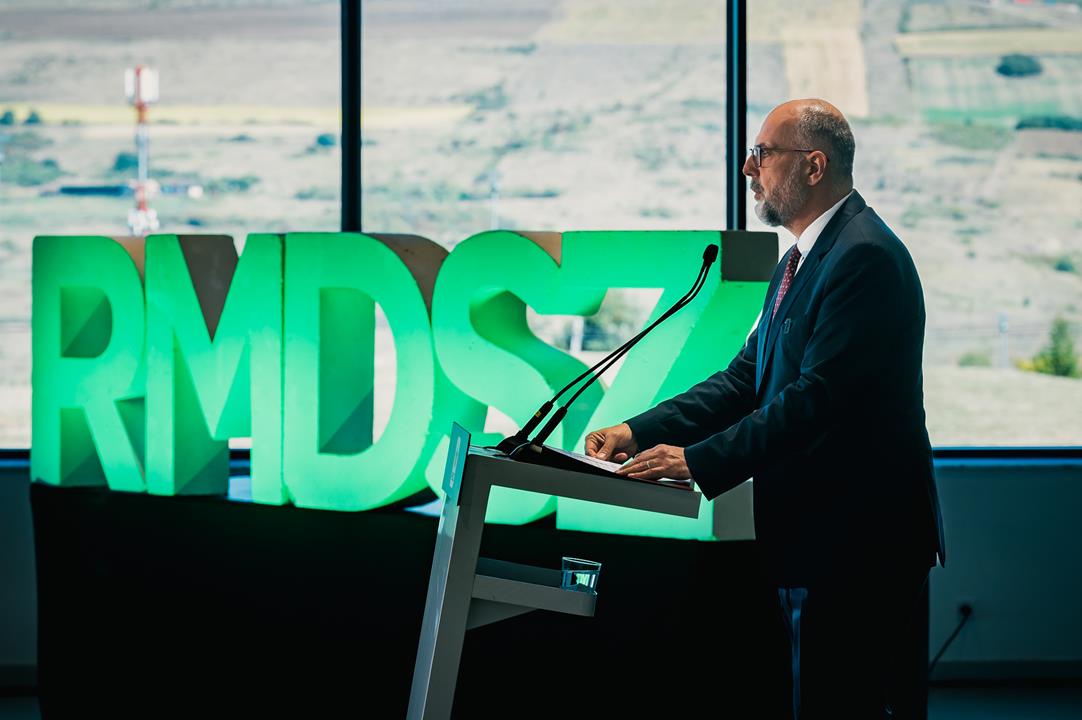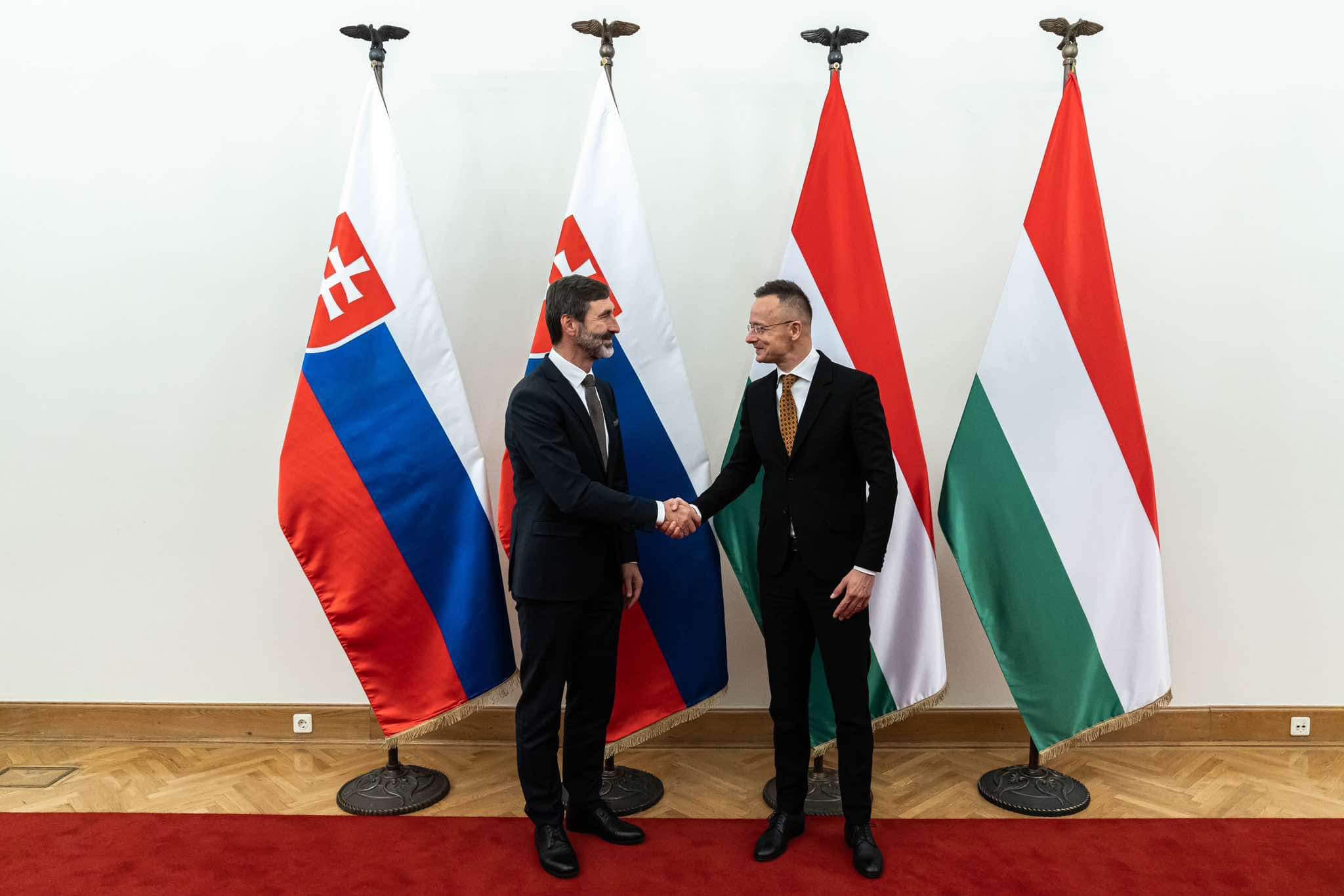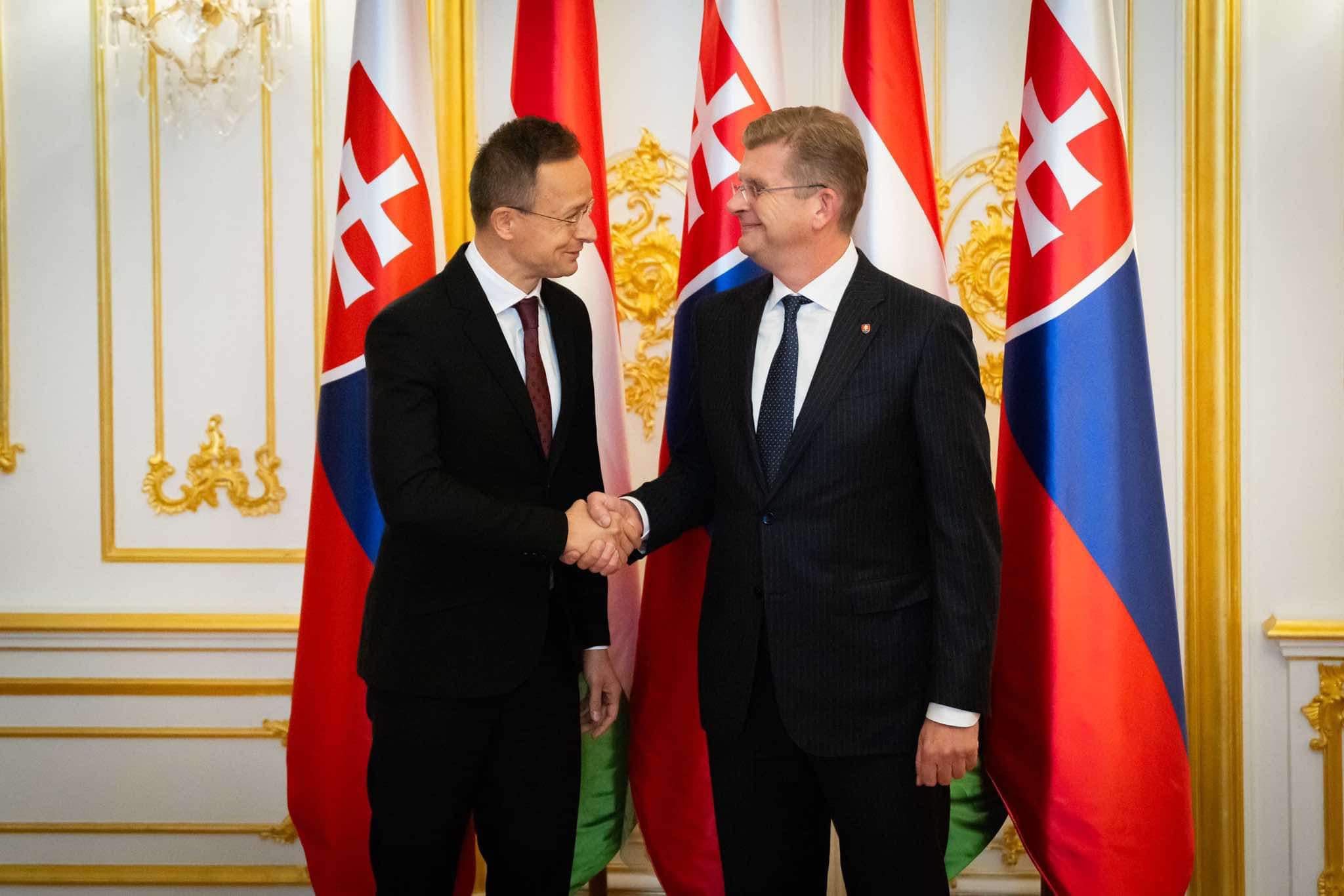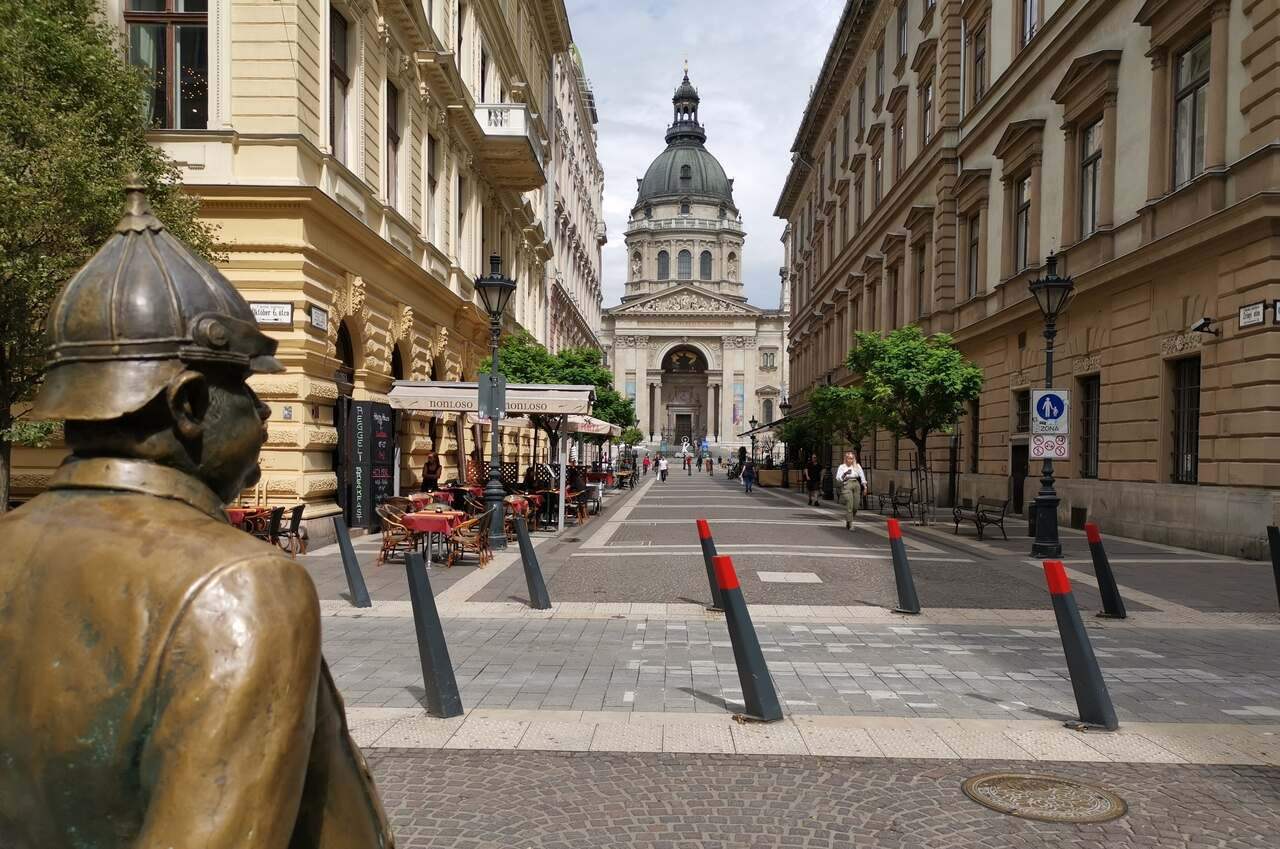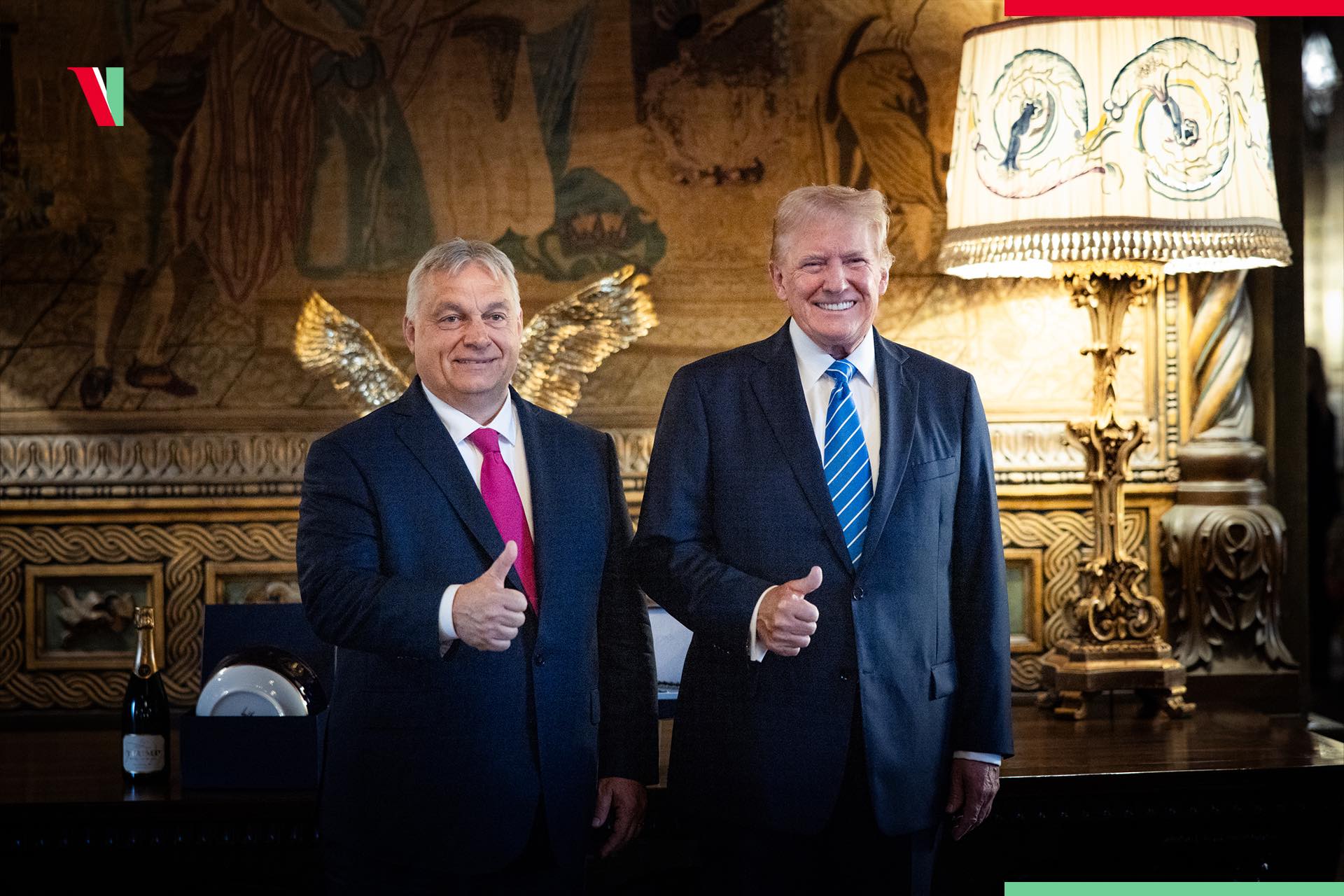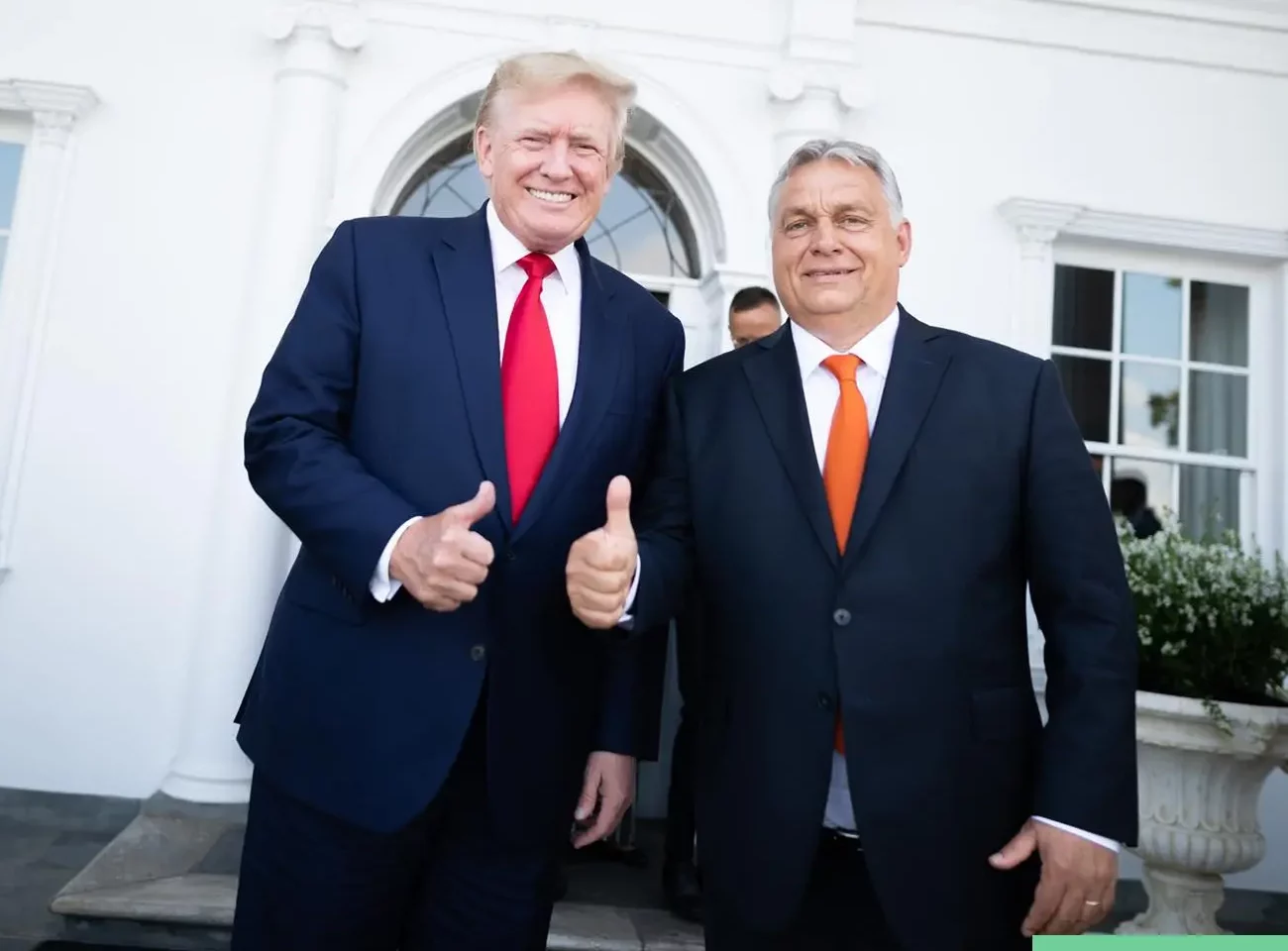Hungary ‘safest location’ for East-West cooperation, says Minister Szijjártó in Beijing
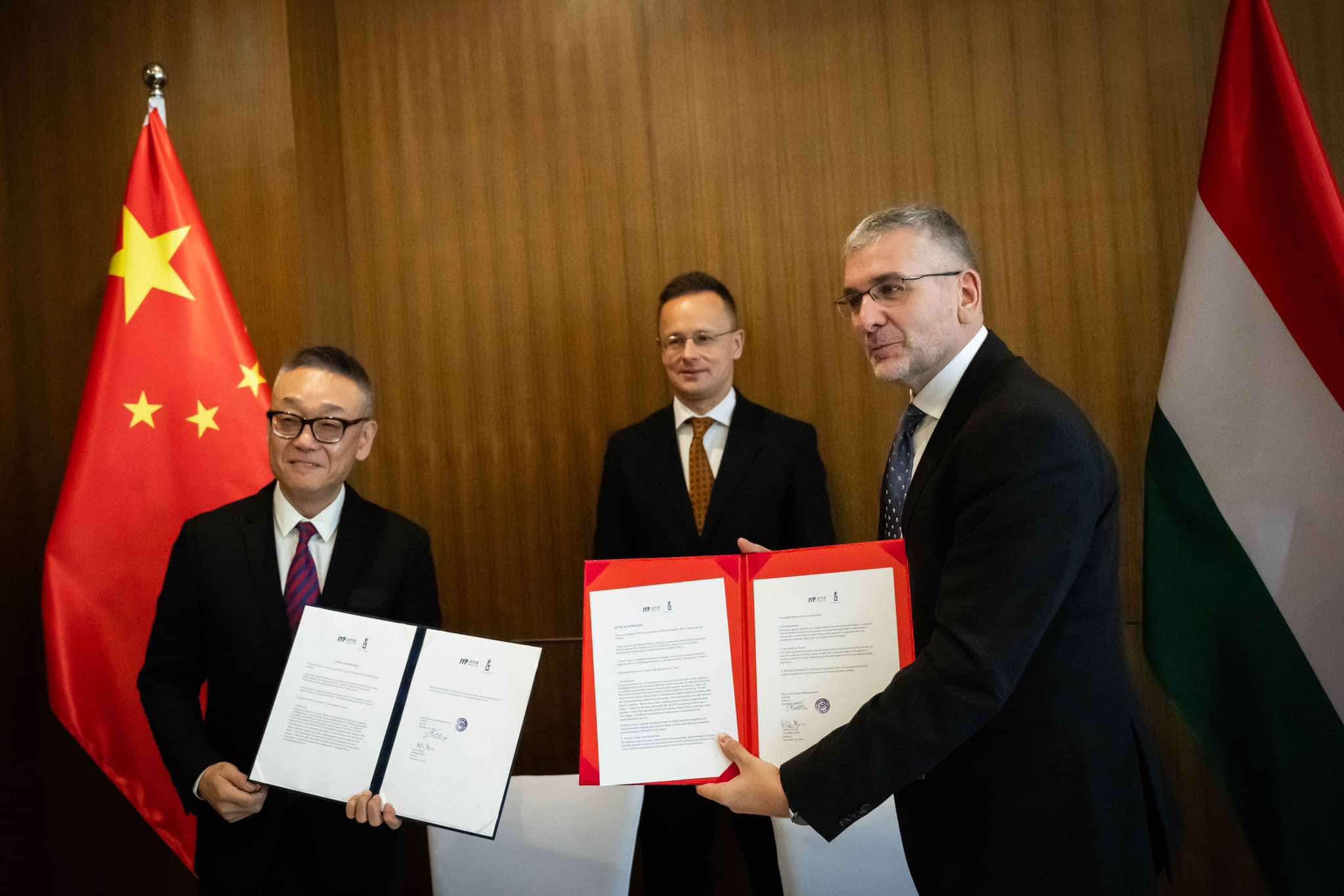
Hungary is “the safest location” for East-West cooperation, Minister of Foreign Affairs and Trade Péter Szijjártó said, addressing the second China International Supply Chain Expo (CISCE) in Beijing on Tuesday.
Halfway between Washington and Beijing
“We offer the safest place for Eastern and Western companies to work together in Europe,” Szijjártó said at the fair’s opening, where Hungary is the guest of honor.
He expressed concern over efforts to divide the world into blocs again and said those initiatives were “totally against” Hungary’s national interests. Hungary’s goal, he added, was for connectivity to characterise the coming decades.
He said the hope was for East and West to cooperate in a “civilised manner, based on mutual respect and aiming at mutual benefits.” He outlined the government’s strategy of economic neutrality, adopted in the context of Hungary’s historical experience, with a view to the country’s export-oriented economy and its geographical location halfway between Washington and Beijing.
Szijjártó said the government’s economic neutrality strategy dovetailed with China’s Belt and Road Initiative and provided a stable basis for economic growth.
He said that Hungary was now the “number one” destination for Chinese investments in Europe, noting that CATL was setting up the biggest battery plant on the continent in Hungary while BYD was building a factory that would turn out several hundred thousand EVs a year. He added that more Chinese investments are in the pipeline.
Szijjártó said those Chinese investments supported Hungary’s economic growth, creating jobs, bringing cutting-edge technologies, raising the level of value-added, and shortening supply chains. The government’s strategy of economic neutrality is “the right one,” he said, adding that strengthening cooperation between China and Hungary would produce a “fantastic” year for the Hungarian economy in 2025.
Chinese-Hungarian Collaboration to Connect Eastern and Western Digital Payment Systems
Two major digital payment technology providers, Macau Pass Group Holdings Limited of Macau and Hungary’s Cardnet Group, announced today their strategic alliance to establish the BRIDGE Project.
The BRIDGE Project aims to create a technology platform serving both Asian and European digital payment infrastructures under a shared ecosystem: the Bilateral Retail Interoperability Digital Gateway Ecosystem (BRIDGE). This platform will seamlessly integrate Asian mobile payment systems with European contactless payment networks. By combining the expertise of Macau Pass and Cardnet, the project seeks to simplify and expedite cross-border payment transactions, enable real-time currency conversion, ensure transaction security, and comply with the highest financial, data protection, and security standards.
Macau Pass, a pioneer in Asian digital payment solutions, is a key partner of Ant International, owner of Alipay Plus.
Cardnet, collaborating with other Hungarian financial and technology partners, facilitates connections to European payment networks.
As part of the partnership, the two companies will establish a Central Interoperability Platform (CIP), enabling QR code-based and NFC-based transactions. This platform will cater to Chinese tourists, business travelers, expatriate workers, and European consumers.
Speaking at the signing ceremony, Péter Szijjártó, Hungary’s Minister of Foreign Affairs and Trade, stated that there’s a growing number of Chinese tourists arriving in Hungary. Given that there are 21 flights on a weekly basis from big Chinese cities to Budapest and that many Hungarians are now taking advantage of the visa-free travel for Hungarian citizens to China, tourism in both directions has been increasing.
Minister Szijjártó added:
„I do believe that in case the common payment platform is being established, it is going to be even more attractive to travel into the countries of each other. Therefore, I do believe that the agreement between Macau Pass and Cardnet Group of Hungary is a very important milestone. This agreement makes it possible that a common payment platform is going to be established through which both Chinese and Hungarian citizens can pay much easier with their own payment schemes in the countries of each other. So I do count on the further increase of tourism between China and Hungary.”
Dr. János Kóka, Managing Director of Cardnet Group, said:
“This collaboration positions Hungary as a critical digital transit hub for payment transactions between Chinese and European customers in each other’s countries.”
Sun Ho, Chairman and CEO of Macau Pass Group Holdings Limited, said:
“By bridging the gap between East and West, we are laying the foundation for a truly interconnected global digital payment ecosystem.”
The CEO of Macau’s leading mobile payment platform added that they are honored to partner with Cardnet.
True to its name, the BRIDGE Project aims to build a payment bridge connecting China with the world. The goal is to create a globally significant payment interoperability model and inject new momentum into global digitization processes.
read also:
Chinese CATL to begin production next year in Hungary!
The National Bank of Hungary cooperates with Chinese university


